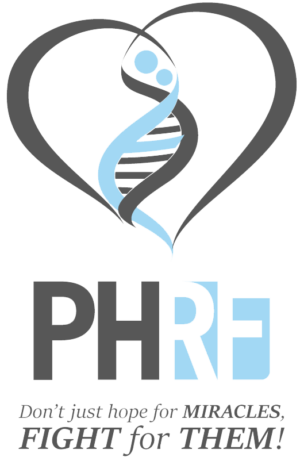Routledge family article: One in 200,000, my son and his rare syndrome
One in 200,000: my son and his rare syndrome
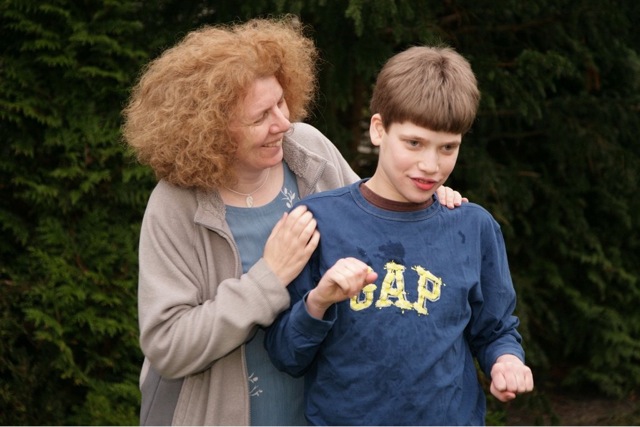
Most doctors and geneticists have not even heard of the condition that my 21-year old son Christopher has – Pitt Hopkins Syndrome (PTHS). Christopher was probably the first British person to be diagnosed with Pitt Hopkins Syndrome with the first blood test developed for it. PTHS is a rare neurodevelopmental disorder caused by a spontaneous mutation on the 18th chromosome.
When Christopher was diagnosed the main rare disease charities hadn’t heard of it and only seven children in the world had ever been formally diagnosed with it before the blood test was developed.
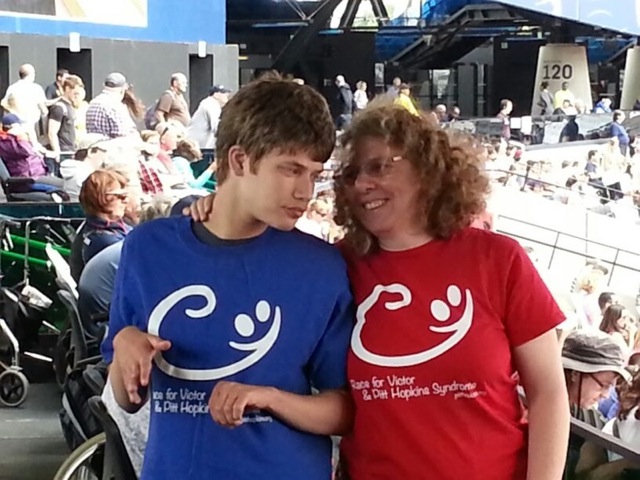
Today is the first annual international Pitt Hopkins awareness day (18th September, to reflect the relevance of the 18th chromosome) and the official launch of the UK support group’s website.
Today, nearly 300 families across the globe who are carers for young people with one of the most rare medical conditions in the world will be reaching out to try to find other people who have the same condition. We have produced ashort slideshow to help raise the profile and understanding of the condition. I am aware of 33 people in the UK with Pitt Hopkins Syndrome (PTHS). I believe that there could be as many as 250, as the incidence is thought to be 1 in 200,000 to 300,000.
This is a condition so rare that there are no official records of people who have the disease and geneticists who diagnose it are restricted by confidentiality from sharing patient specific information with all but close members of the families.
Yet for parents coping with the shattering realization that their child has a rare condition, sharing experiences, supporting each other and finding ways to help is absolutely essential – that’s why it often falls to the families of patients themselves to find and support each other.
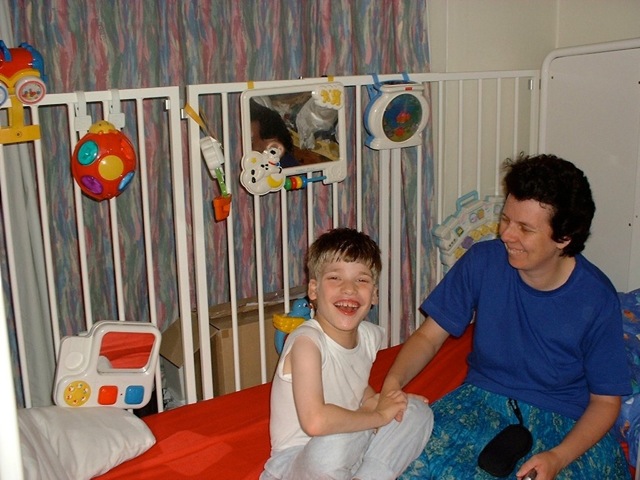
Christopher, who is 5ft 5in, has severe learning disabilities and in development terms is described as having the same physical and mental abilities as a toddler of 12 to 18 months. When he was diagnosed at almost age 16, I could find no one who knew anyone with PTHS. I put a message on a rare diagnosis website and almost six months later a mother in the States found it and we started our online support group. This was the first ever PTHS group.
When your child has a serious and rare disease, you’re desperate to get as much information as you can – information that can help your child. When literally no one can help – you find the determination to go and seek that information yourself.
I also feel it’s important that I share my positive experiences of how my husband and I have helped Christopher.
All through his life, my husband Brian and I have spent sometimes up to 5 hours a day working with Christopher to help him reach the normal milestones that you’d expect a baby and toddler to reach before age two.
Christopher learned to walk at the age of nine – which was a massive achievement for him. He learned to feed himself with a spoon at 11, and we are working with him getting to standing on his own. We’re trying to toilet train him. He can ascend and descend stairs or steps with supervision. Every small step is such a massive step for him, and for us. I feel it’s more rewarding for us as parents that we’ve had to fight for every small development. We like to say: “Never say never “ for Christopher.
I have met some wonderful families through Christopher. We want to reach everyone who knows a child with PTHS that we can. We want, of course, to reach the parents whose children are undiagnosed. We are using social media a lot to do this. You can reach a lot of people this way but there are still lots of families who don’t use social media, who don’t know how or don’t want to know how or just do not have the time. We are hoping to reach these parents through doctors, health centres, schools, daycares and other parents.
Each parent is doing this locally with their local health providers and raising awareness in local papers if they can.
We are a very small but very determined bunch of parents!
We are also raising awareness around the world to raise funds for research. Audrey, another mother, used her skills as a writer and journalist to find top scientists willing to start new research for us.
Dr David Sweatt, an US-based researcher into the mechanisms underlying learning and memory, has stated: “In essence, knowledge gained from studying the orphan disease PTHS would potentially allow broad understanding of a wide variety of learning and memory disabilities that afflict many families.”
We are very excited about the beginning of real research into finding a therapeutic approach to help our children. There are such exciting advances in genetics and neurogenetics and we are at the start of a long but pioneering journey.
In the UK, members of the International support group are fundraising too. We hope to send about £8,500 over soon towards the research. We are in the process of setting up a small charity – Pitt Hopkins UK.
The Dutch Pitt Hopkins group, founded in 2008, has funding to create a detailed ongoing questionnaire for Pitt Hopkins Syndrome. It is only in Dutch and English at the moment but we hope that it will be translated into other languages, as we make links across the world. This data will be indispensable to research and to everyone’s understanding of PTHS but can only be provided by those we know about and can invite to complete the online questionnaire.
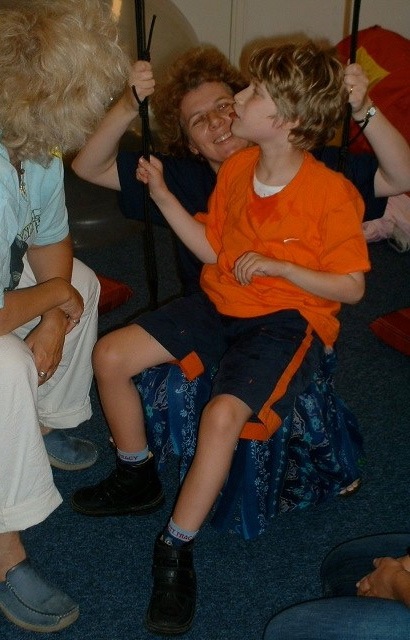
I also want to find those other mothers and fathers to tell them that having a child with a rare disease like Pitt Hopkins can be an overwhelmingly positive experience. Christopher is such a happy person with a great sense of humour, despite being non-verbal. I’m intensely proud of him and his achievements. Brian and I get so many more opportunities to celebrate his achievements than we would with a typically developing child.
I feel I have gained a lot from Christopher. I have learned a lot about brain development; I have learned when to say no, when to fight and when to let things go. I have learned to prioritise, I am stronger emotionally and I am more organised. I have learned that the best advocate for your child is you, their mother.
• For more information about Pitt Hopkins Syndrome, please see our websiteor go to Facebook
• Raise awareness of rare disease by clicking on www.raiseyourhand.co.uk

